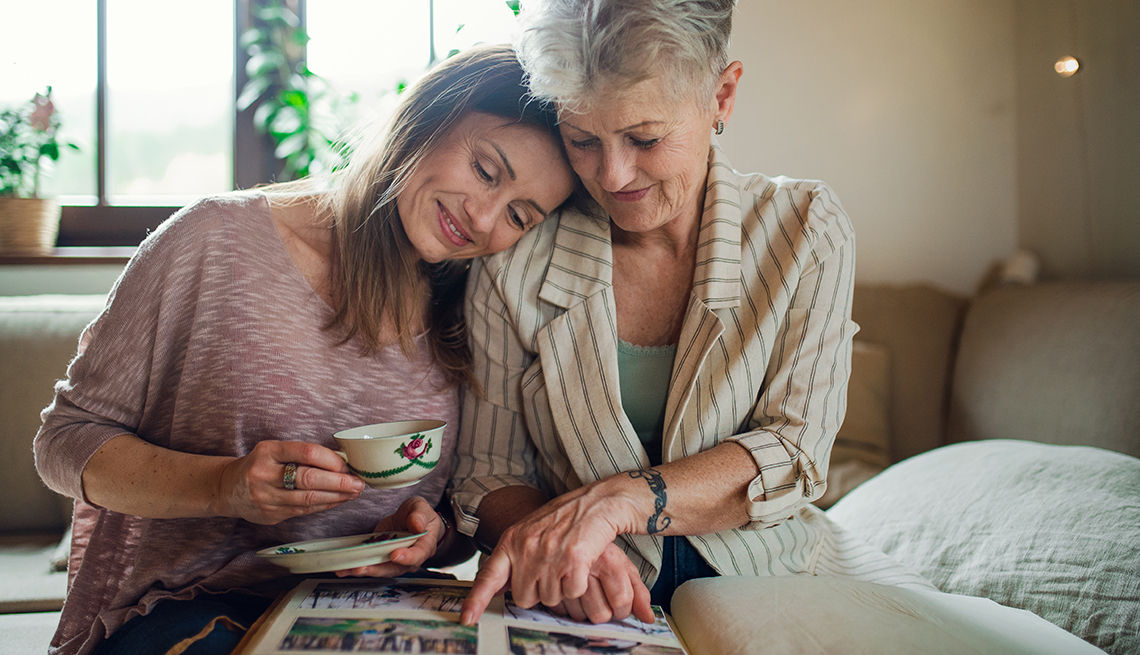Play all audios:
Some former caregivers organize close family members to visit the care receiver’s grave to lay a wreath or perhaps stake a pennant from the hometown football team. Others say prayers or sing
a care receiver’s favorite hymn before or after the holiday meal. Some pull out photo albums and tell stories. All these rituals provide solace and a means for family members to support one
another in increased communion at a time when the loss may still feel fresh. How can former caregivers create their own holiday rituals to help them grieve and bring their family members
together? Here are some ideas. REFLECT ON HOW TO HONOR LOVED ONE'S LEGACY The most effective holiday rituals capture some important aspect of the care receiver’s life or personality. It
would not make sense to leave a baseball cap on their headstone if they were indifferent to the game. Reflect first as a family on what would be appropriate to honor them and their legacy.
Should you organize a group to do an Alzheimer’s walk or attend a local cancer center’s annual memorial candle lighting? Only if the departed loved one expressed determination to help others
facing those diseases. How about sprinkling their ashes in the ocean? Do so only if spending time on the water held a special place in their hearts. The more the ritual brings up specific
memories, thoughts and feelings about the departed, the more powerful its salutary effect on the living will be. MAKE PLANS THAT LEAVE ROOM FOR SPONTANEITY Like any family event, a good
holiday ritual takes some preparation, even if that means shredding carrots, whipping eggs and buying cream cheese for a carrot cake. It should not be so scripted, though, that other family
members can’t contribute in spontaneous and unexpected ways. When Carol and her daughter set aside a Saturday to buy the ingredients and make the cake — a ritual itself for the two of them —
the daughter shared advice her grandmother had given her that Carol had never heard before. When they served the cake at Thanksgiving, other family members told funny stories about Carol’s
mother that Carol had forgotten. As family members felt moved to share, it created an emotional environment of mutual closeness, some sadness and loving appreciation. REMEMBER OTHERS WHO ARE
GRIEVING Rituals can touch whole communities. Consider creating one for recently bereaved caregivers who you know are already experiencing an upsurge of grief this holiday season. During
the years I worked in a primary care practice, we had a tradition of delivering green-and-red poinsettias around the holidays to the family caregivers of our patients who had died during the
previous 12 months. Each plant was accompanied by a card that said: “We know the holiday season is a hard time for families who have recently lost a relative. We haven’t forgotten about you
or your loved one.” Every former caregiver who received this gift was surprised; many cried. It was not the lovely plant. It was that others had remembered their former caregiving and loss
with a simple but powerful gesture.

